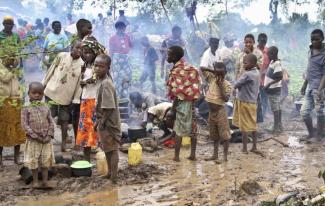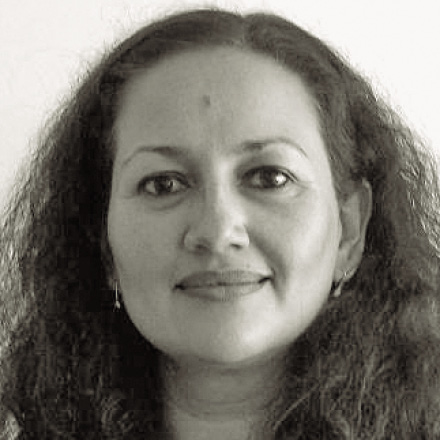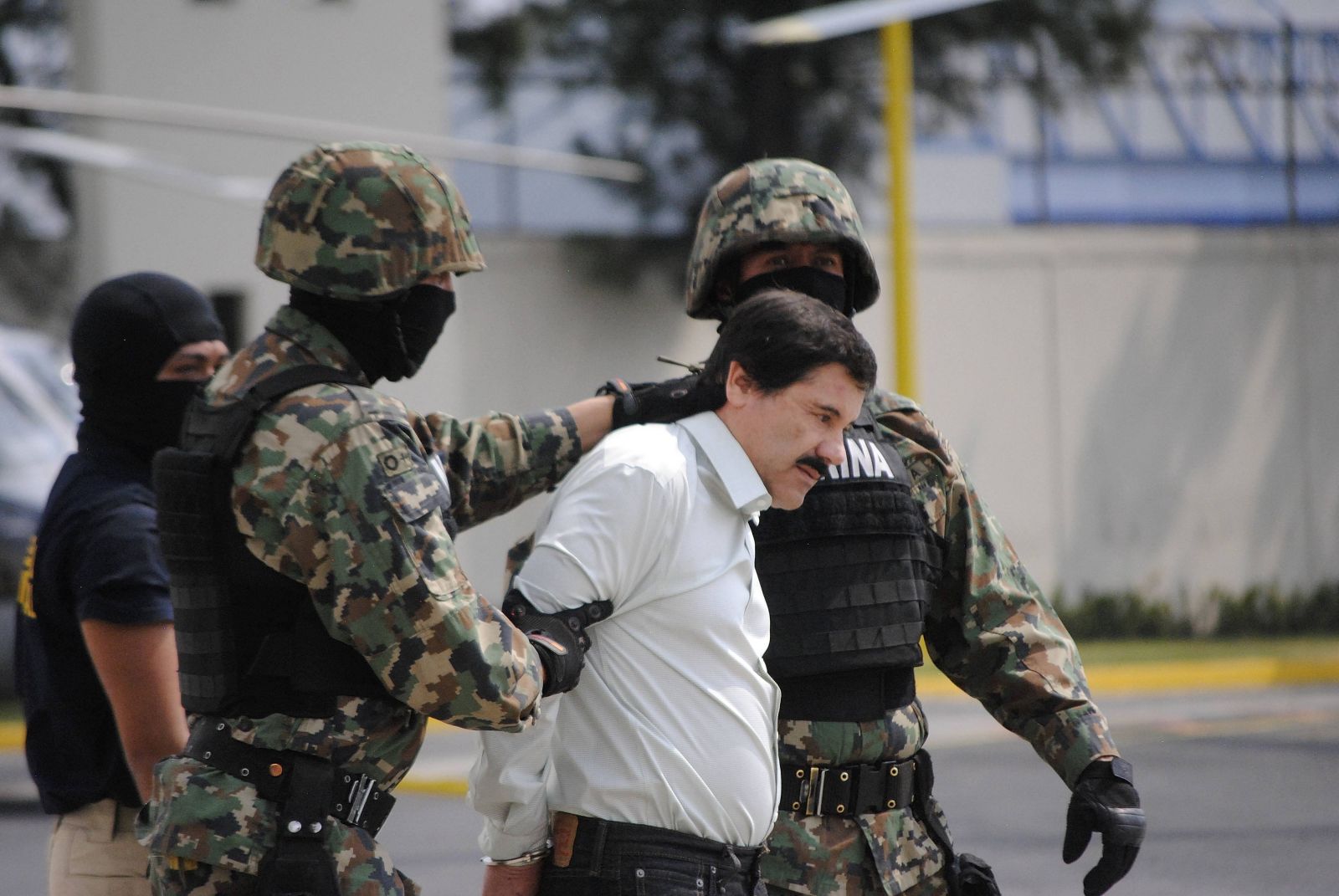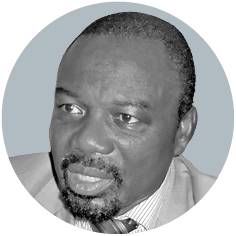International law
Don’t let them off the hook

On 9 November 2017, a pre-trial chamber of the ICC formally authorised Prosecutor Fatou Bensouda to initiate war-crimes investigations into the situation in Burundi. This is a response to ongoing violence resulting from a constitutional crisis in the small Central-African country. The decision has put the ICC in an unprecedented situation.
Located south of Rwanda with a population of about 10 million, Burundi has been experiencing severe violence since April 2015. The crisis was triggered when President Pierre Nkurunziza announced that he would run for a third term in office in spite of constitutional term limits. Burundi saw widespread demonstrations, and the government’s response was a brutal crackdown. According to human-rights groups, government forces killed more that 1,000 people and displaced over 400,000. Masses fled to neighbouring countries.
Allegations of murder, torture, rape, enforced disappearances and persecution caught the attention of the Office of the Prosecutor of the ICC. The crimes were allegedly committed by state agents and other groups who were implementing state policies. Apart from the Burundian National Police, some units of the Burundian army and the national intelligence service as well as members of the ruling party’s youth wing were also involved in committing these crimes. The youth wing is known as the “Imbonerakure”.
ICC Prosecutor Fatou Bensouda issued a first statement on 8 May 2015 and then ran a so-called preliminary examination. In order to formally investigate and charge suspects, the prosecutor needs the ICC’s approval, which was issued in the recent decision.
Nkurunziza, who stayed in power after controversial elections, wanted to avoid an ICC case. Therefore, Burundi declared its withdrawal from the Rome Statute, which is the legal basis of the ICC, on 26 October 2016. The withdrawal came to effect a year later. The big question thus is whether the ICC has the authority to investigate and prosecute crimes committed in Burundi.
The Court has jurisdiction over war crimes, crimes against humanity and genocide. More recently, crimes of aggression have been added. According to the principle of territoriality, this jurisdiction is limited to the territory of its member states. Burundi’s government argues that the ICC has lost its authority to investigate and refuses to cooperate with the ICC.
The ICC, which is based in The Hague, disagrees however. It argues that it has jurisdiction over all crimes allegedly committed while Burundi was a member state to the Rome Statute. The ICC view is that, once a state has accepted its jurisdiction, it remains bound for as long as it continues to be a member. Essentially, this jurisdiction runs from the time a state ratifies the Rome Statute to at least one year after a withdrawal notification. The acceptance of such jurisdiction thus remains unaffected even when a state withdraws.
Consequently, the ICC retains authority to investigate and prosecute crimes committed up to and including 26 October 2017 when Burundi officially stopped being a member state. Moreover, the Court stated explicitly that Burundi remains obliged to comply with its decisions and cooperate fully with its investigations.
The decision of the ICC is much welcome. Given the catastrophic political and humanitarian situation in Burundi, the international community cannot stand back and watch the suffering continue. The victims deserve an institution that will – regardless of political implications or special national interests – uphold the ideals of international justice. After all, the ICC was founded with the explicit mandate to end impunity.
That said, the hopes that the investigations alone will be effective are slim. This is probably the reason that the Court emphasised Burundi’s obligation to cooperate. It will certainly be very difficult for Prosecutor Bensouda and her team to gather evidence unless Burundi’s government cooperates.
The ICC’s Kenyan experience exemplifies the difficulties of non-cooperation. After the post-election violence in 2007/08, current President Uhuru Kenyatta and his deputy William Ruto were both charged with crimes against humanity before the ICC. During the election campaign, both promised to cooperate with the court, but after assuming office, they took a different approach. They started agitating against the ICC. Witnesses were intimidated and withdrew their testimony in later stages. The prosecutor became unable to collect reliable evidence, and both cases collapsed.
Burundi’s neighbours are not supporting the ICC. Ugandan President Yoweri Museveni and his Tanzanian counterpart John Magufuli have condemned the decision by the ICC to commence investigations into Burundi. According to them, the ICC is thus undermining regional peace initiatives. Museveni’s statement matters in particular since he chairs the East African Community (EAC), a regional community with six members (Uganda, Tanzania, Kenya, South Sudan, Rwanda and Burundi).
Earlier, the African Union (AU) had adopted a non-binding strategy calling for its members to collectively withdraw from the ICC, accusing it of unfairly targeting African leaders. The drive for the collective withdrawal from the Rome Statute waned soon, but the decision to open investigations in Burundi could restore these calls. While some African leaders have personal reasons to fear the court, the vast majority of African people not only appreciate that it has an important role to play, but actually want impunity to end.
In view of such expectations, the ICC has made the right choice. To allow states and their leaders to escape responsibility for past crimes simply by withdrawing from the statute would have been the wrong signal.
Darleen Seda is a Kenyan lawyer who specialises in human rights and international criminal law.
darleen.seda@gmail.com












